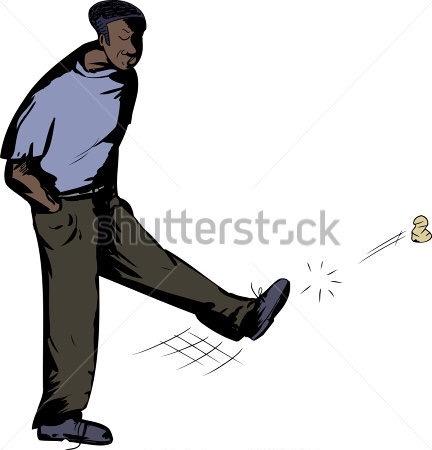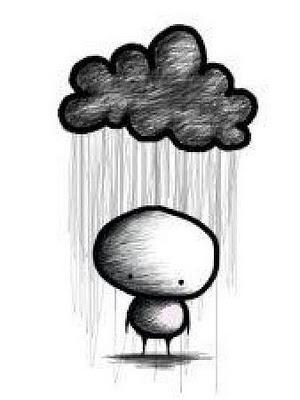No proper names of people, places, or things, no abbreviations, no acronyms, and no initials, please. Plural words may be used.
I found thirty-two of them. Did I find them all? Can you find more? Have fun!
[I will publish the full list twenty-one days from now, Tuesday, March 16, 2021 after others have had a chance to give it a try.]
~
[The post has been edited.]
Please show your work. Thank you.
~
Ok, you’ve already beaten me: so far, you have five that I missed, and you’re not even done yet. Good job!
Now I think I’ll go fling myself off the top of the highest suspension bridge that I can find. Goodbye, cruel world.
~
Ok, but you have an extra space after the second use of the word “words”. Hire me as your proofreader (with a five-figure salary) and I’ll see to it that the lawsuit goes through.
~
(Sigh.)
You do this on purpose just to bait me, right? Ok, here we go:
(Yes ok and you get the perks that go with your five figure salary too. Yes, ok, and you get the perks that go with your five-figure salary too.)

~
(Comma after the word “made”.)
(english English)
Thank you for clarifying “enates”.
“Née“ (the correct spelling) is not an English word.
~
A loan word such as “taco” is decidedly NOT English, because if it were, its pronunciation would have to comply with English language rules. It is a Spanish word that has come into use among English-speakers.
Some loan words, in fact, many of them, become English words, but you have chosen a poor example of one for bolstering your point.
~
Please justify “ta” and “an” being on the list.
Why did you capitalize the word “Sant”? That doesn’t mean it’s the proper name of a person, place, or thing, does it?
”Tase” is suspect as not being within the category.
~
I looked that up as I was forming the post, and it’s more of a slang term or colloquialism than an accepted word of the language.
~